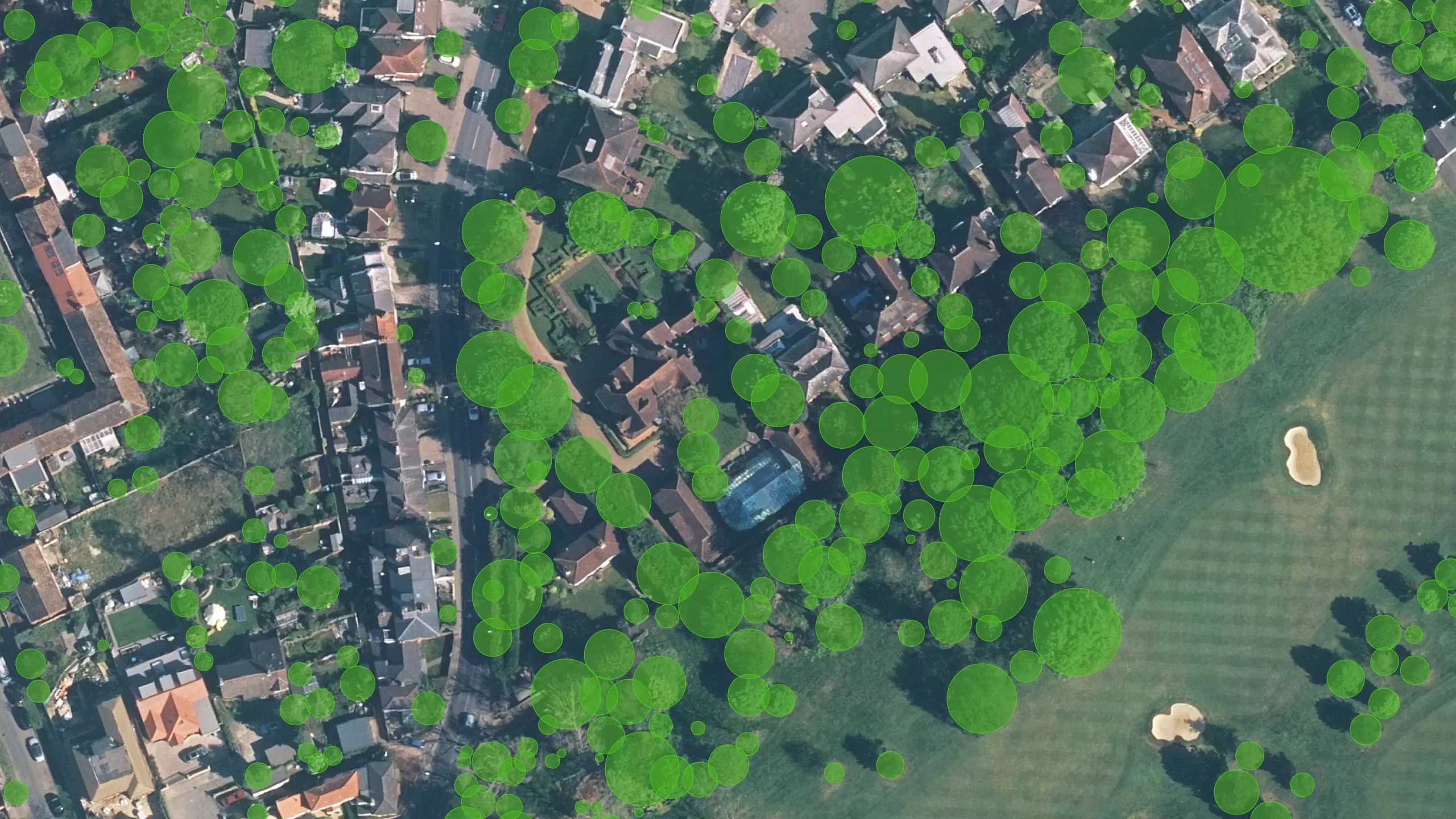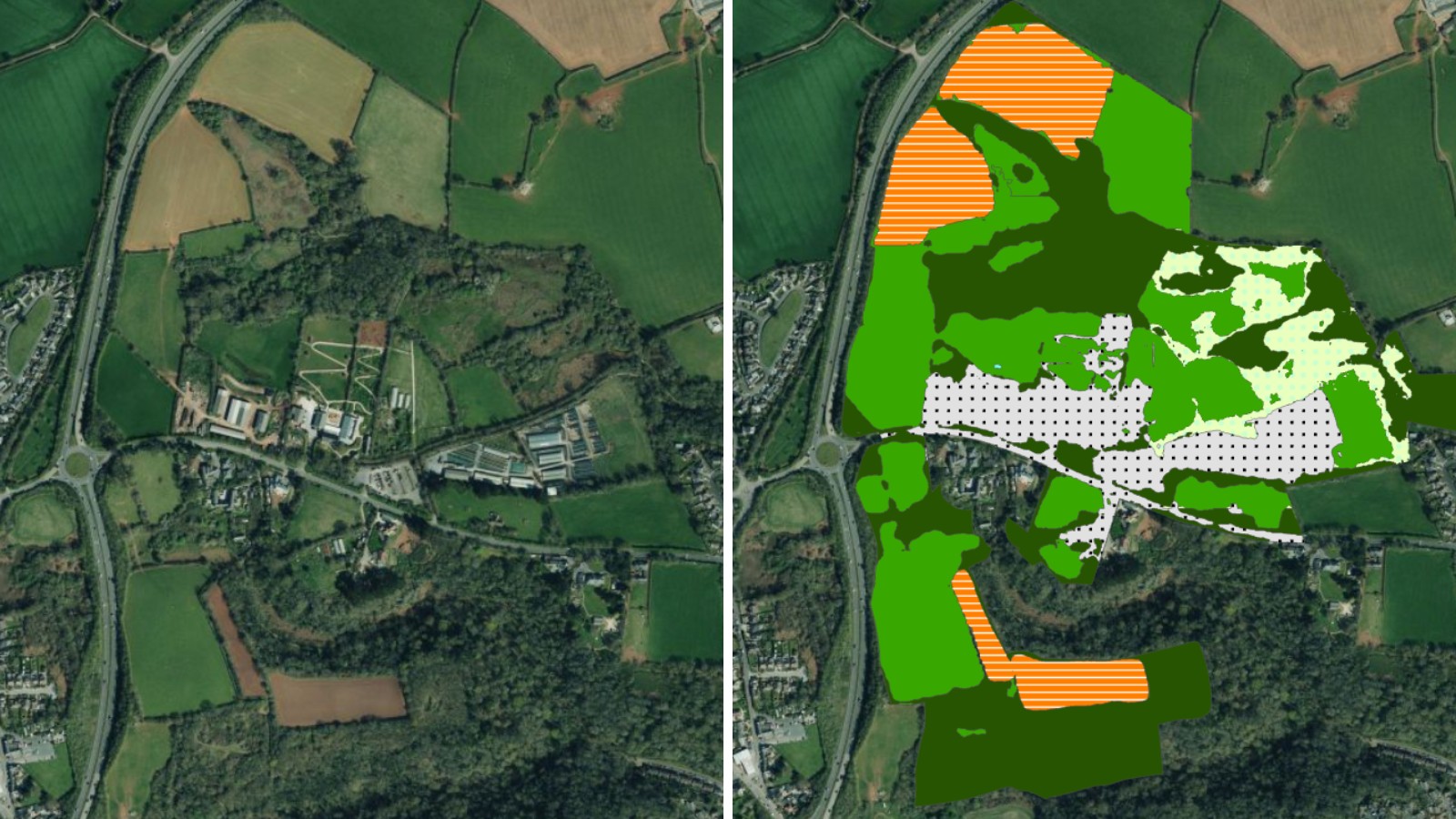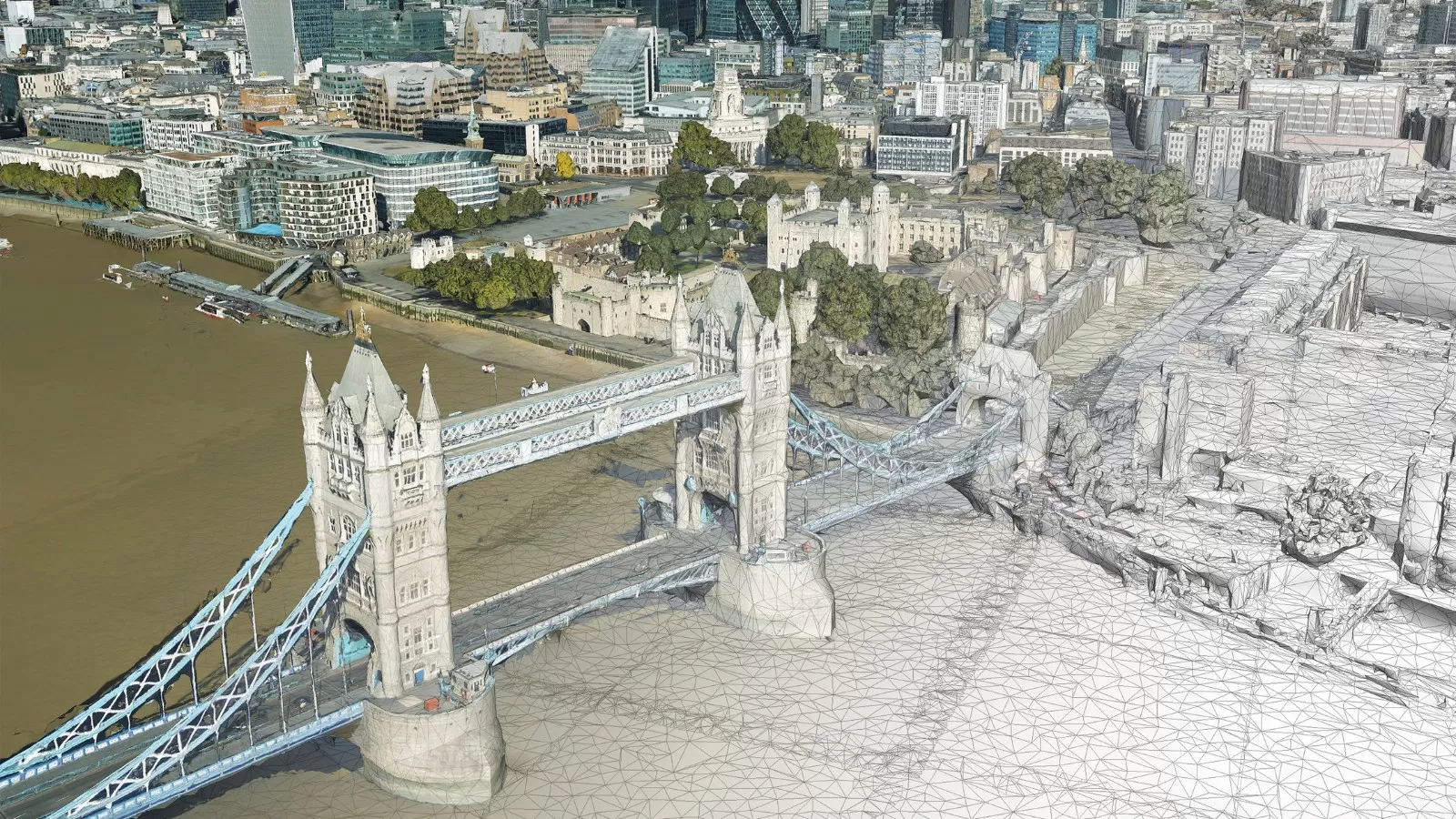
Research by aerial mapping company Bluesky International has shown a direct correlation between happiness and the ‘greenest’ London Boroughs. By comparing its unique database of more than 3 million trees with the results of Rightmove’s annual Happy at Home Index, Bluesky has revealed the happiest places to live in the capital.
Using the National Tree Map data, which provides accurate height, location and canopy coverage data for trees 3m and taller, Bluesky has revealed that London’s leafiest boroughs, with tree cover rates of over 26 per cent, are Barnet, Camden and Richmond-upon-Thames. At the other end of the green scale, Barking and Dagenham, Newham and Tower Hamlets scored between 8 and 12 per cent, accounting for the lowest levels of tree cover in London.
Data from Rightmove’s most recent Happy at Home Index puts Richmond-upon-Thames in second place across the whole of Great Britain and, for the seventh consecutive year, top of the list of the most desirable places to live in the capital. Conversely Barking and Dagenham, on the lower end of the tree cover spectrum, came in last behind Brent and Newham, and in the bottom half of all areas of Great Britain that were surveyed.
“Often referred to as the ‘lungs of the planet’ trees have a pivotal role in capturing and storing carbon and providing massive benefits to the environment and our health. They also contribute to cooling our cities and prevent flooding through interception and absorption” commented Ralph Coleman, Sales Director at Leicestershire-based Bluesky. “But what this research reinforces, is the importance of trees on our mental wellbeing with the two sets of data showing a strong positive correlation between canopy cover and happiness.”
The National Tree Map, which is unique to Bluesky, was launched 11 years ago to address the issue of building subsidence for the insurance sector. It is created using innovative algorithms and image processing techniques, from the most up to date aerial photography covering the whole of Great Britain and Ireland. It captures data including measurements of height and canopy cover and is widely used by a number of different industries and sectors, for example local authorities, energy companies, property developers and academic and research organisations investigating the role of trees and green spaces and their impact on health, environment and infrastructure.
The Rightmove Happiness at Home Index 2021 asked circa 21,000 residents how they felt about where they lived, as well as ranking 10 happiness factors including friendliness, community spirit, whether people feel like they can be themselves, opportunities locally to develop skills, amenities, including schools, restaurants, shops and sports facilities, and access to nature and green spaces.







